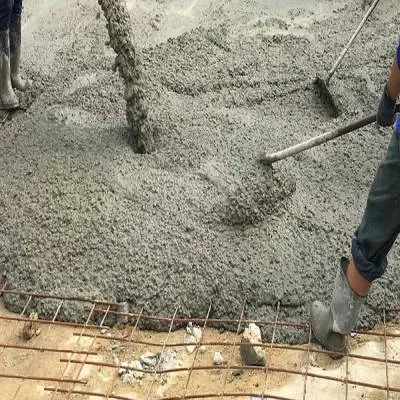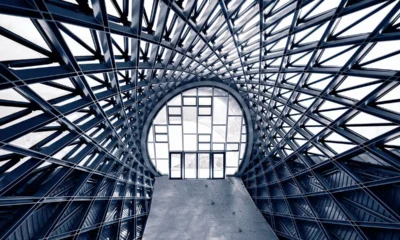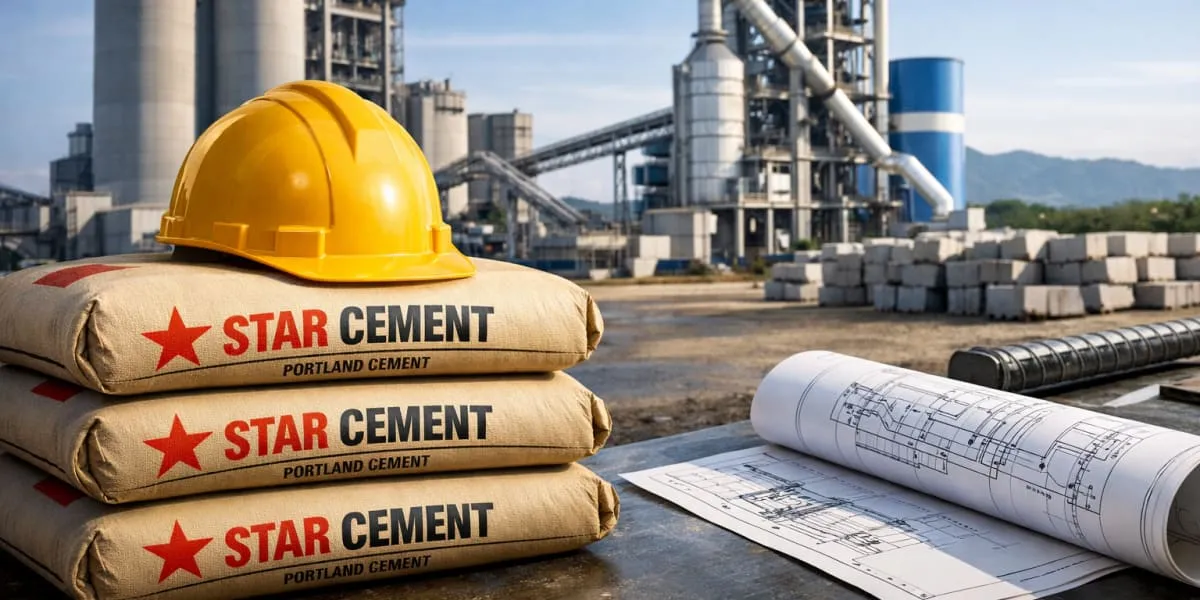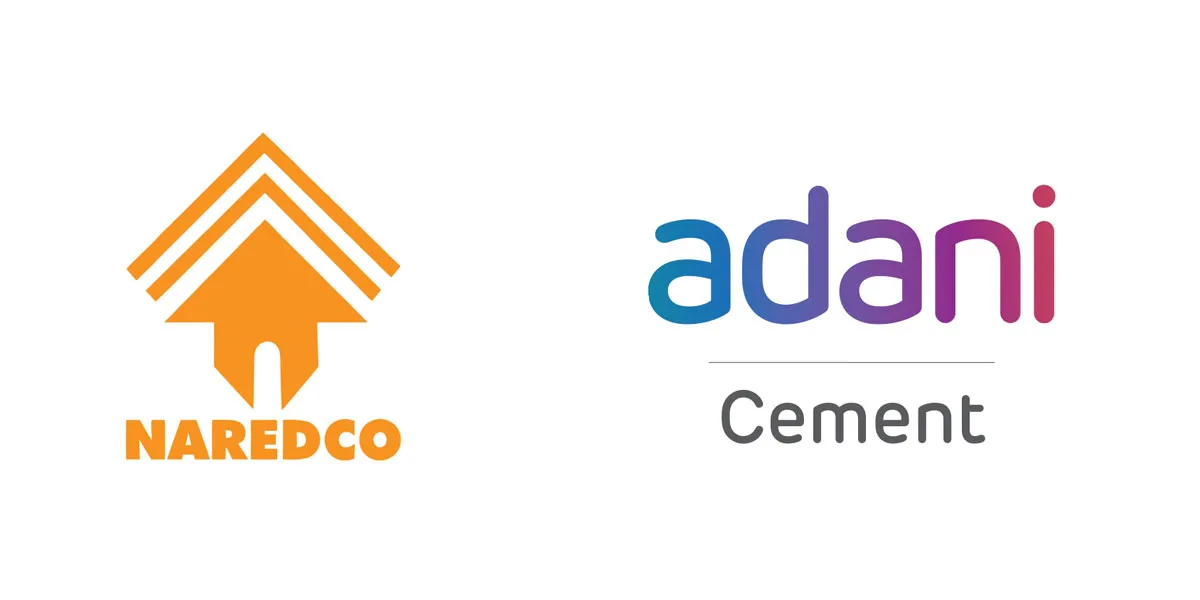Cortec® is proud to be listed as a key market player in the 2024 Concrete Admixture Market: Global Forecast 2024-2030 published by 360iResearch. The report offers insight into important market drivers and opportunities that harmonize with Cortec’s trajectory in the field of MCI® (Migrating Corrosion Inhibitor™) admixtures and signal exciting opportunities for continued growth.
A Growing Market
According to 360iResearch, the 2023 admixture market was valued at $20.26 billion USD. It is expected to reach $33.23 billion by 2030 with an estimated CAGR of 7.31%. This market covers all admixtures, including corrosion inhibitors, set retarders, superplasticizers, and water-reducers. While growth is expected across the globe, the largest market will continue to be Asia, which is experiencing escalating urbanization and spending on infrastructure. 360iResearch identifies increased construction and the demand for durability, performance, and sustainability as key drivers of the admixture market. Not only is the market asking for structures that last longer and theoretically reduce the need to create more new concrete (a process with high-CO2 emissions); there is also rising interest in using biobased admixtures to leave behind a better environmental footprint.
Cortec’s Place in the Admixture Market
The 360iResearch report identifies Cortec® as both a key player and a “Pathfinder” in the admixture market. These designations are significant in a market that comprises a wide variety of admixtures and relegates 60% of the players into the category of “Others” that go unnamed. Understandably, large public chemical companies such as DOW, which offer a broad general selection of admixtures, take the largest market share, making it even more impactful to know that Cortec®, a private specialty admixture company, stands out among chemical and construction material giants. While the report suggests that Pathfinders stand to benefit from more business strategy development, it also notes that they serve as potential challengers to “Forefront vendors” because of their innovative products. The report also draws attention to Cortec’s many MCI® DOT approvals.
Ready to Meet Demands
Cortec® is well-poised to meet the demands of today’s construction market as outlined in the admixtures report. In terms of sustainability, the main purpose of MCI® admixtures is to extend the service life of reinforced concrete structures by mitigating corrosion, one of the primary enemies of concrete longevity. Furthermore, while other biobased admixtures have recently emerged on the market, Cortec® remains the leader in biobased corrosion inhibiting admixtures, offering the only USDA Certified Biobased Product (MCI®-2005) of its kind.
MCI® admixtures also stand out in terms of compatibility and ease of use. As noted in the admixture report, the former is a major challenge because admixtures often change the workability, set time, and strength gain of concrete. However, contractors typically find that MCI® admixtures do not negatively affect concrete properties and do leave mixes very easy to work with. Moreover, with Cortec® distribution centers located in all major regions of the world, end users are well-equipped to source MCI® for construction projects in the Asia-Pacific, Europe, the Middle East, Africa, and the Americas.
Get Involved in the Admixture Market
The admixture market is on the brink of exciting opportunities that call for sustainability and durability features like those offered by MCI®. Cortec® is therefore uniquely positioned to continue making its mark among all key players, both large and small. Contact Cortec® today to learn more about taking advantage of Migrating Corrosion Inhibitors in this dynamic construction market.


 Economy & Market4 weeks ago
Economy & Market4 weeks ago
 Economy & Market4 weeks ago
Economy & Market4 weeks ago
 Concrete1 month ago
Concrete1 month ago
 Concrete2 weeks ago
Concrete2 weeks ago










